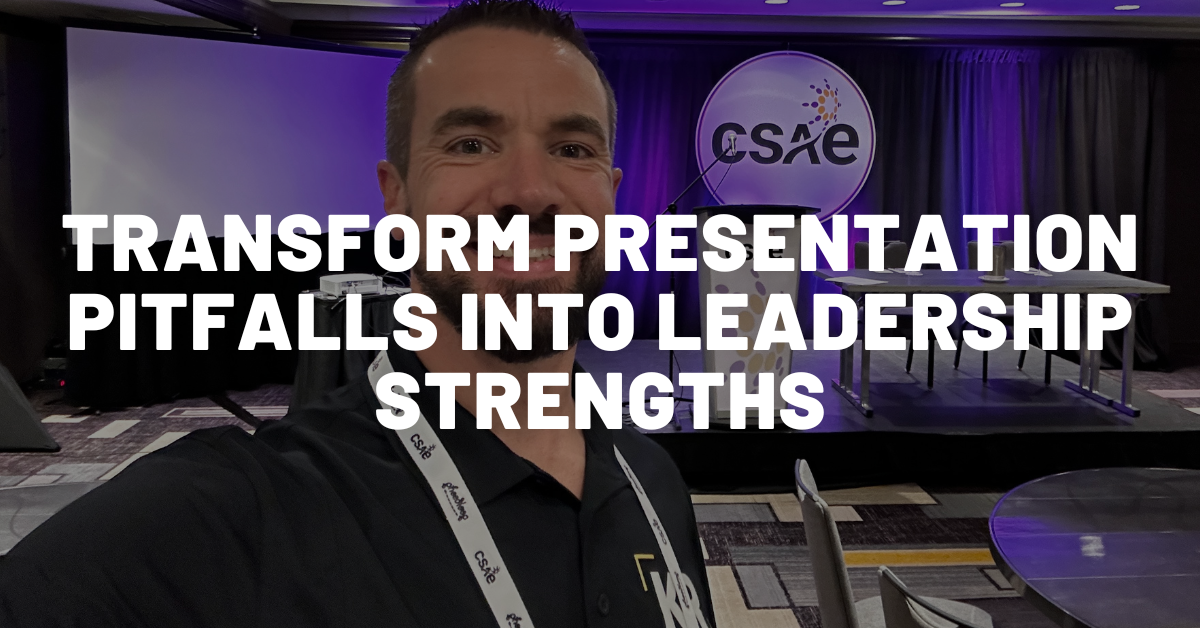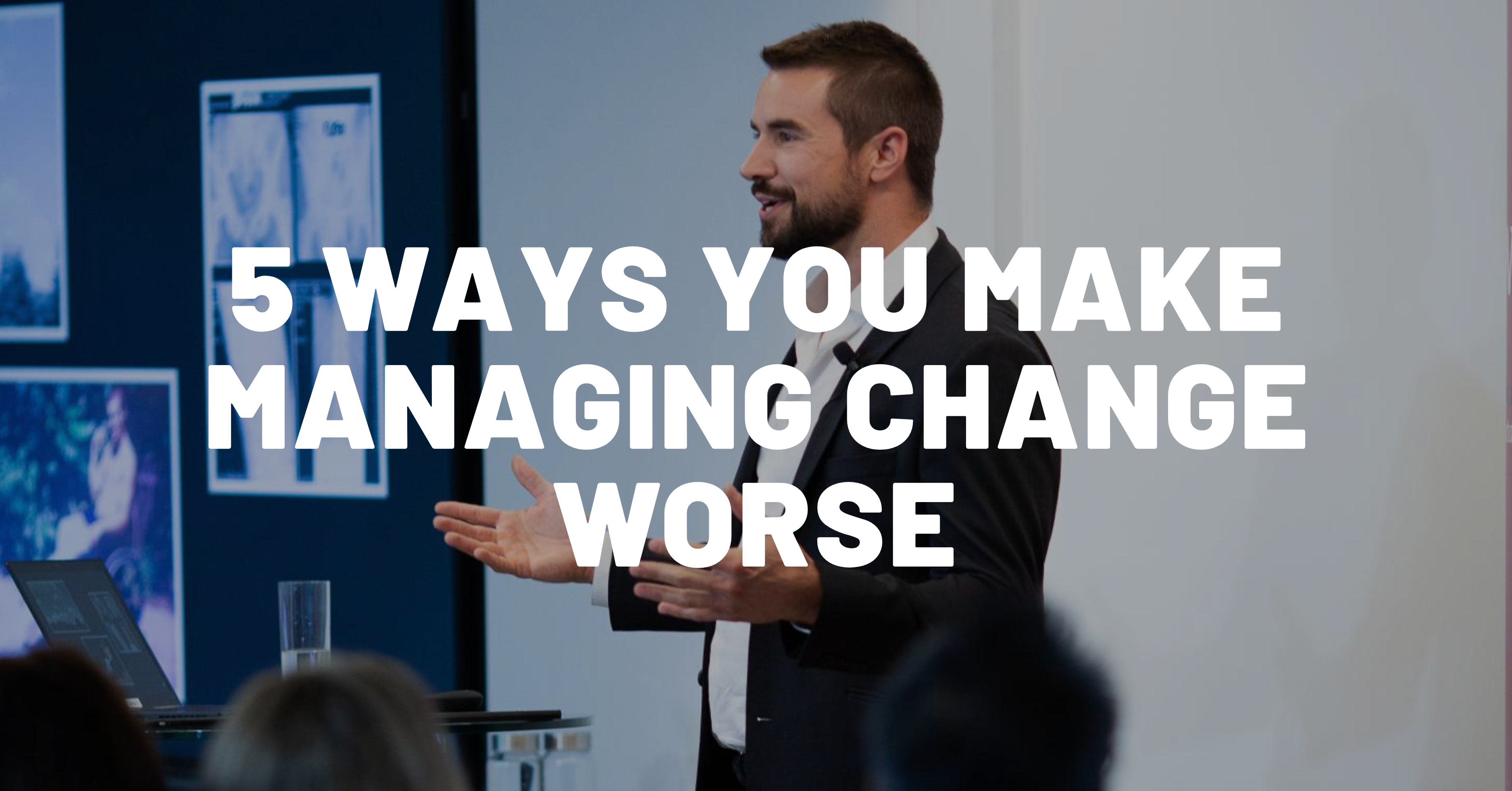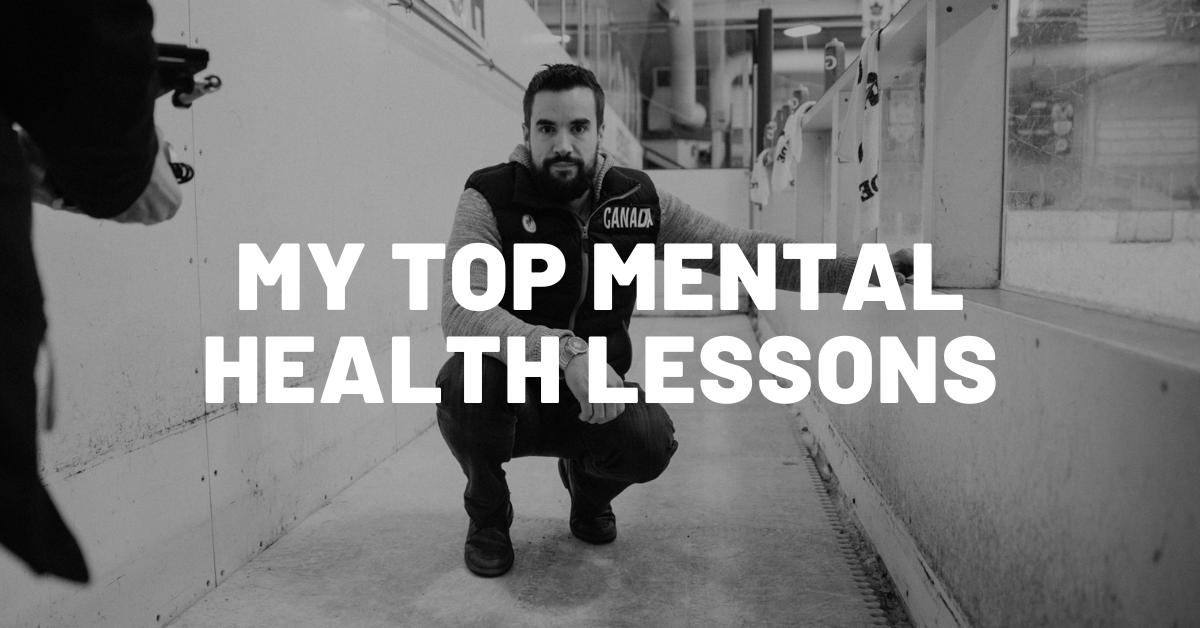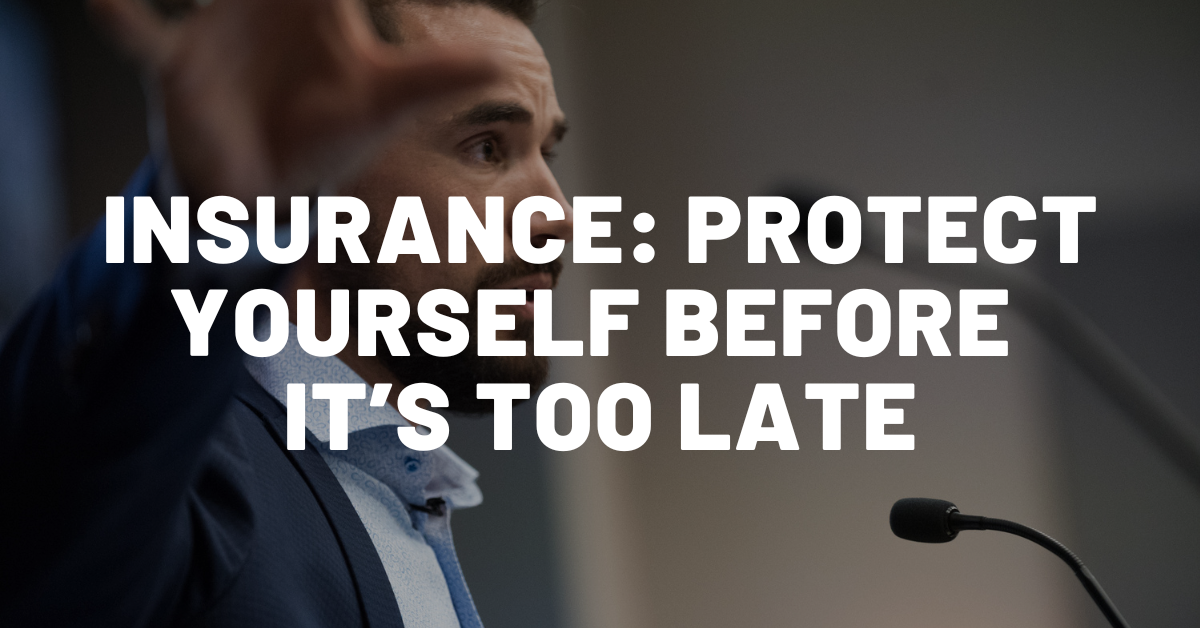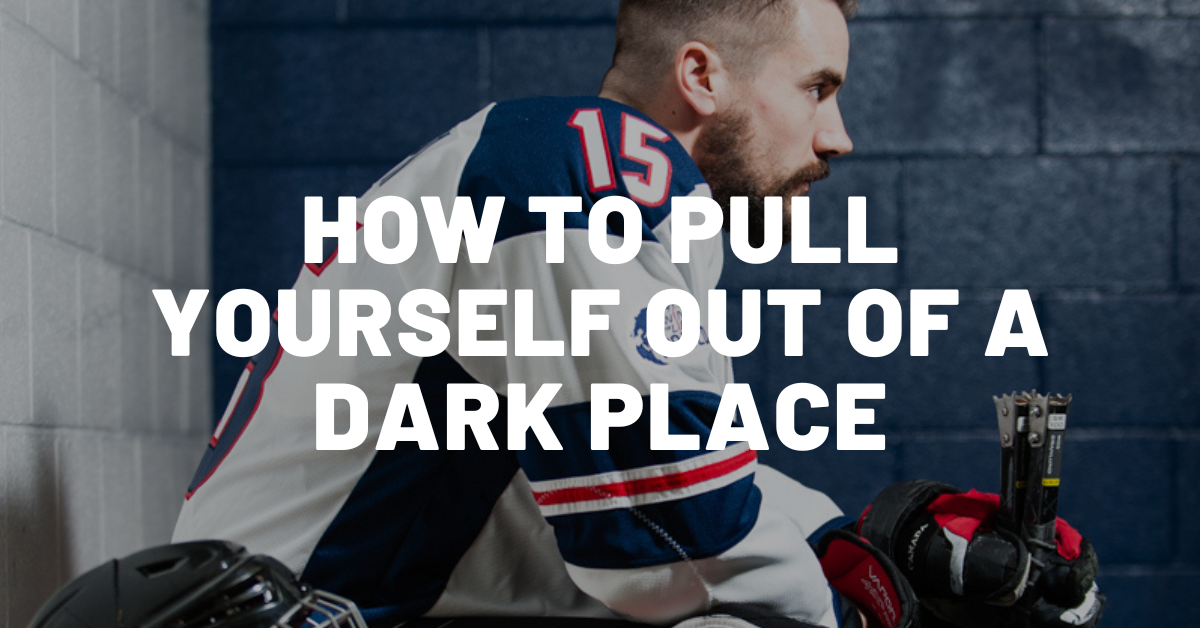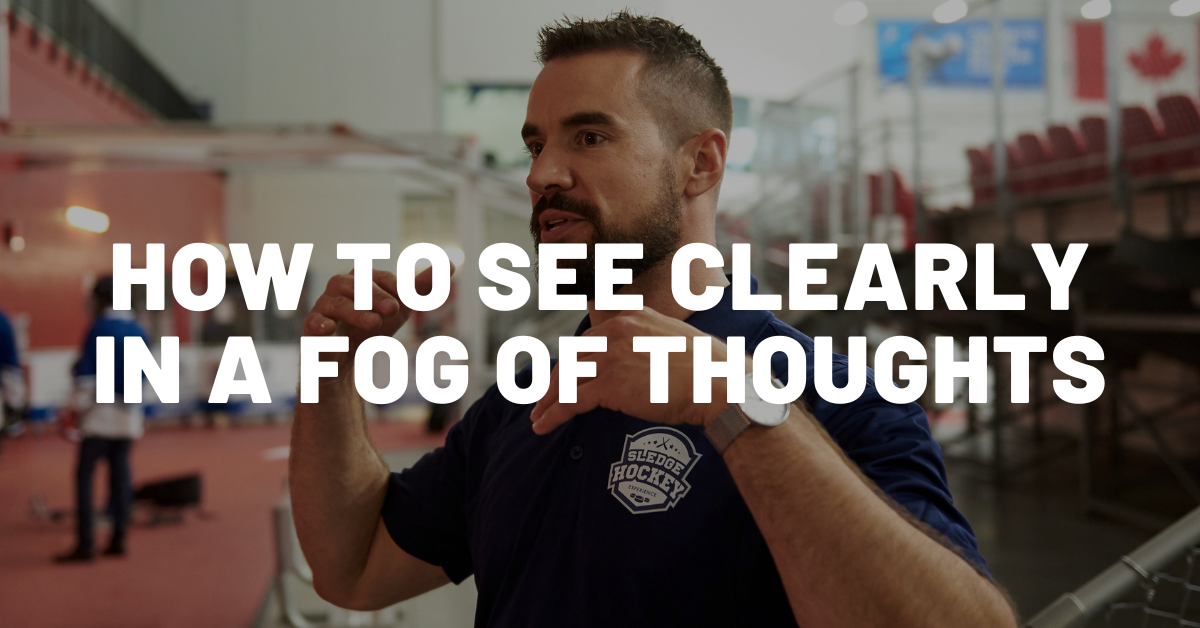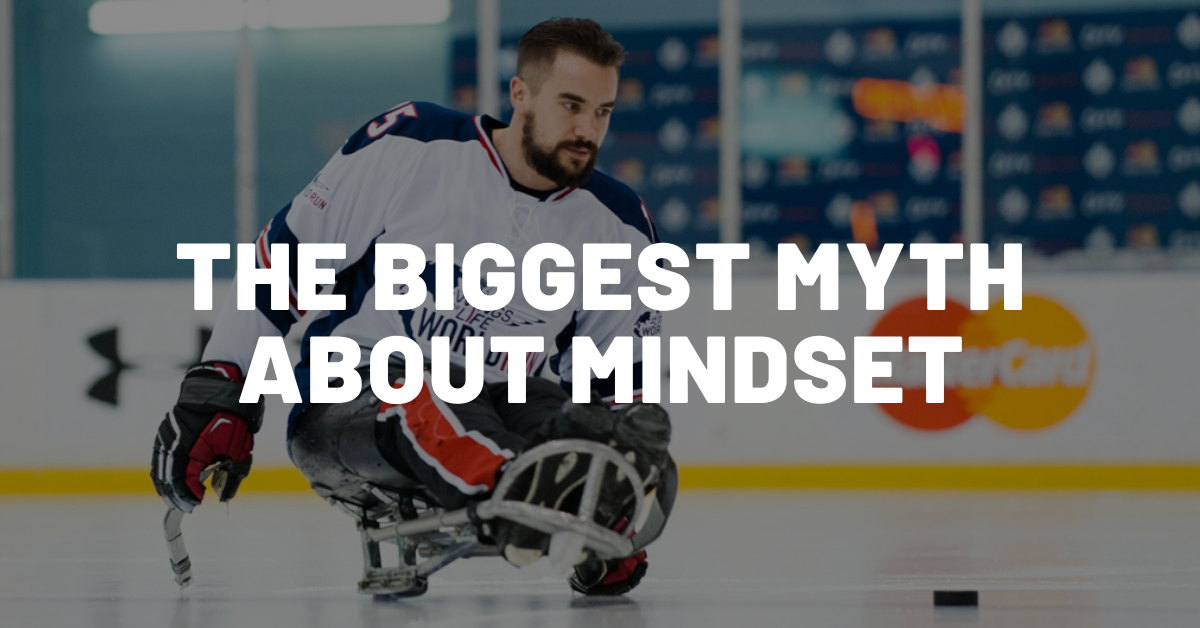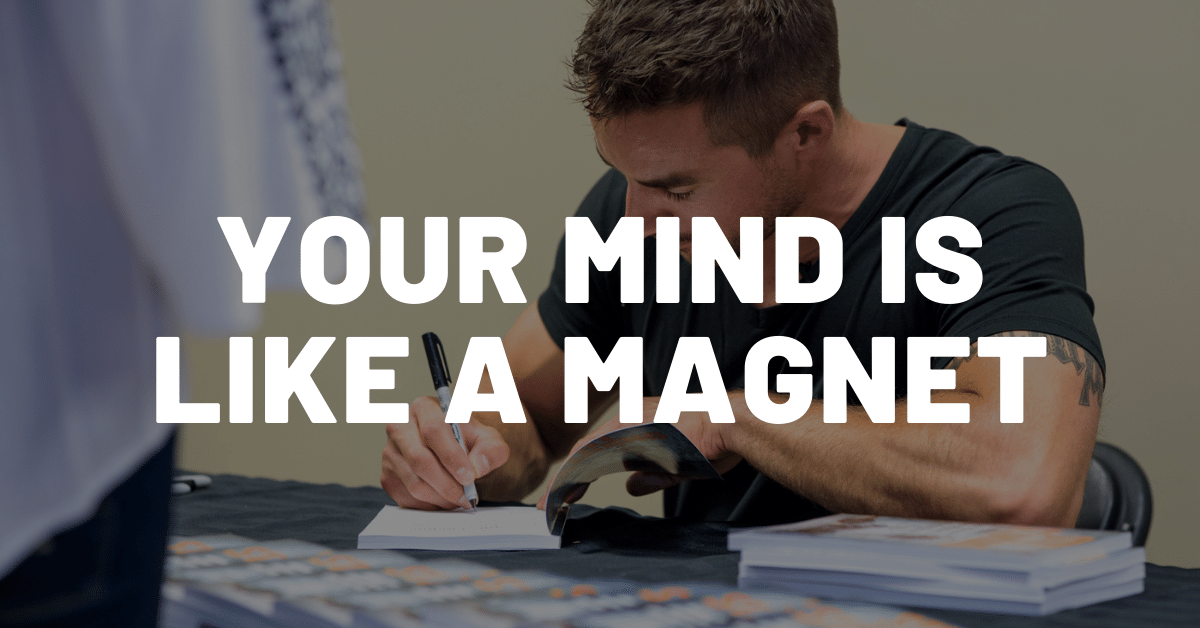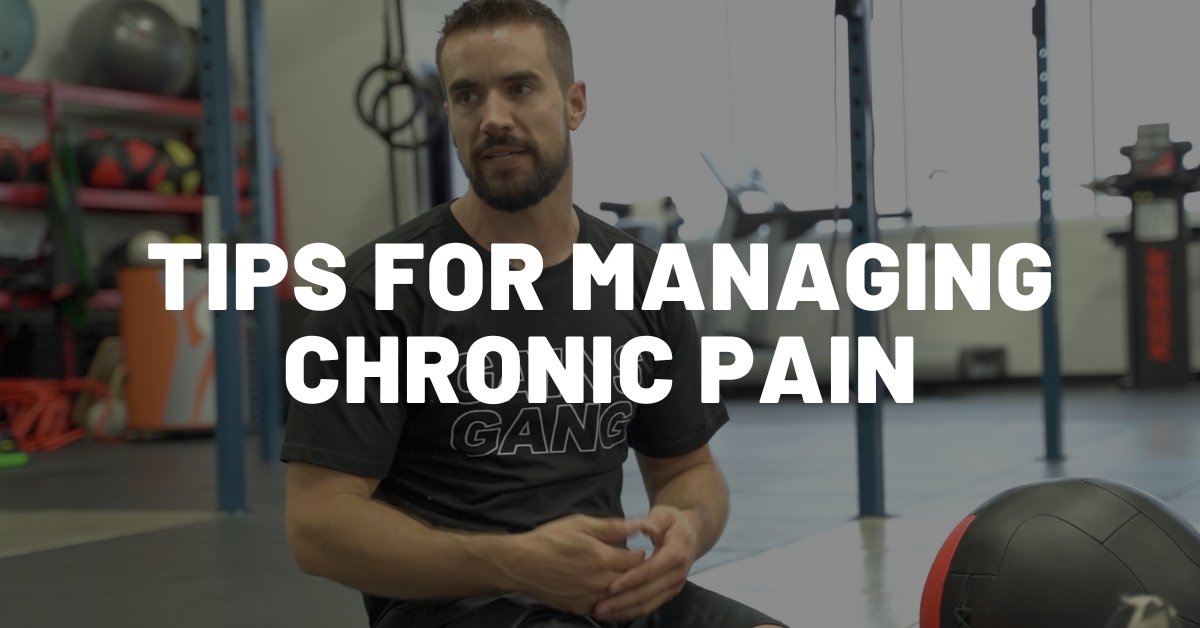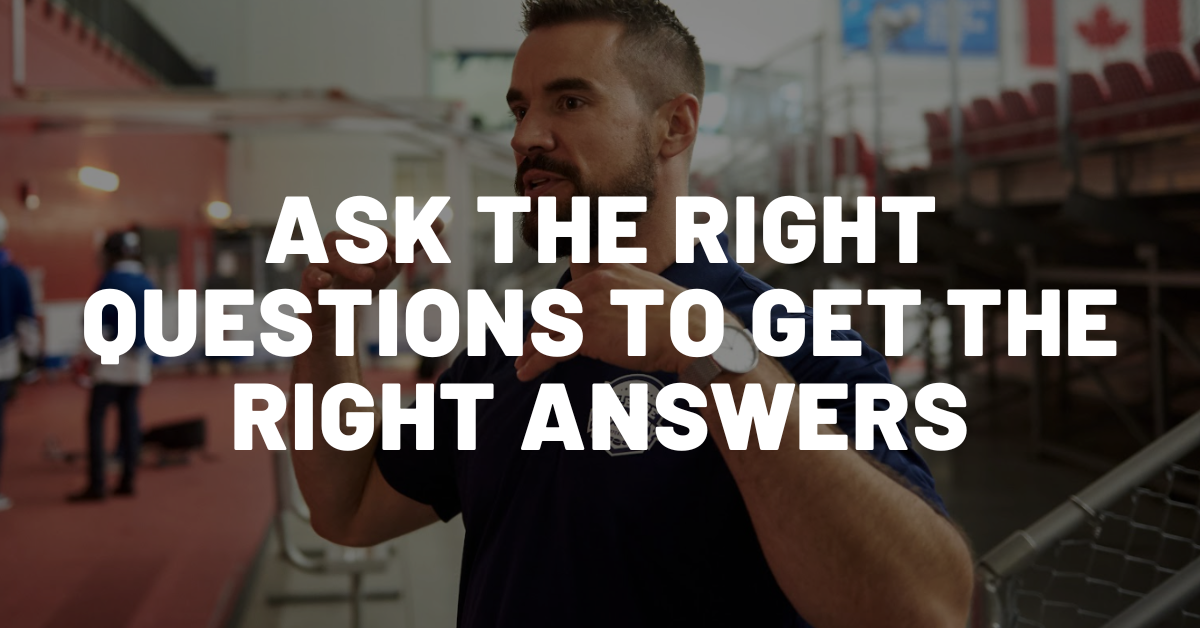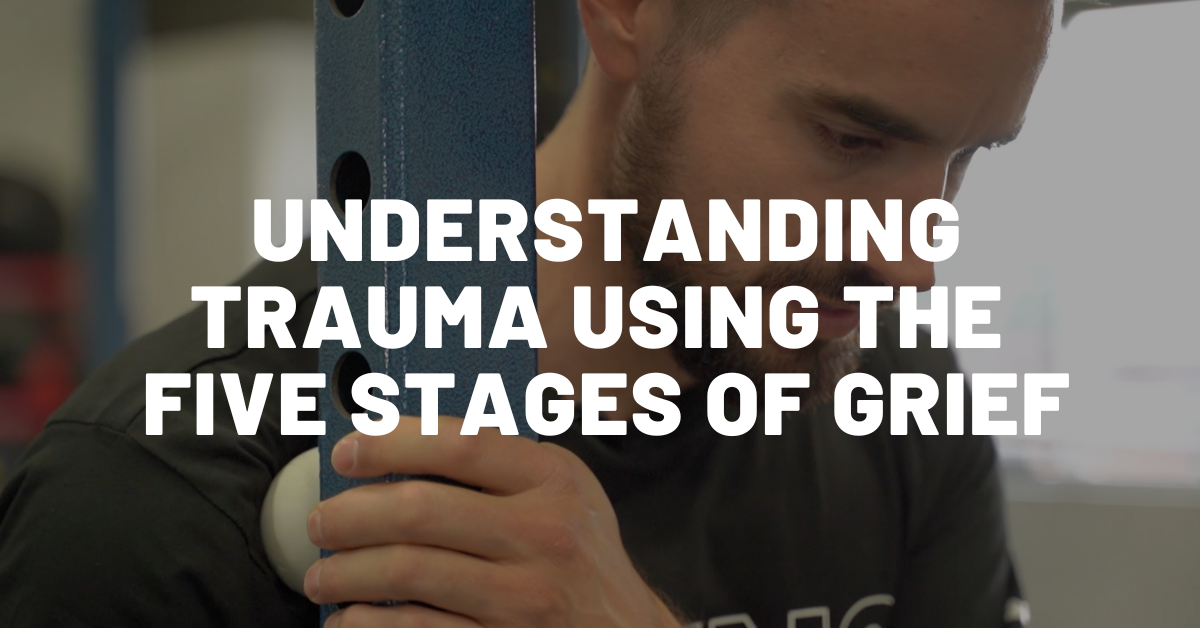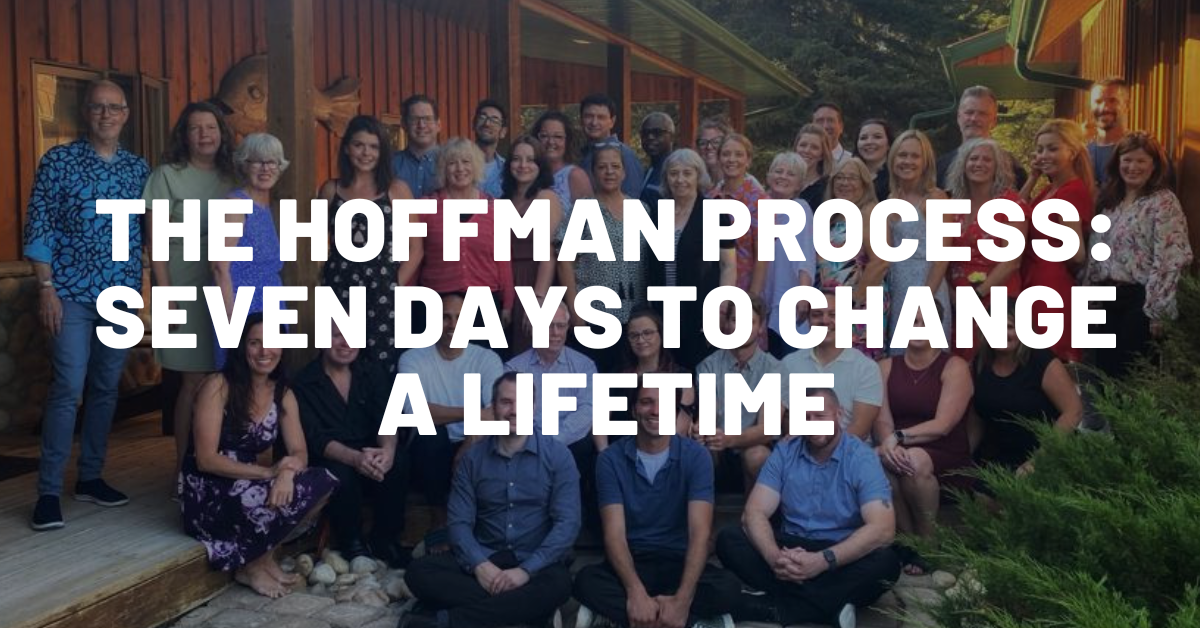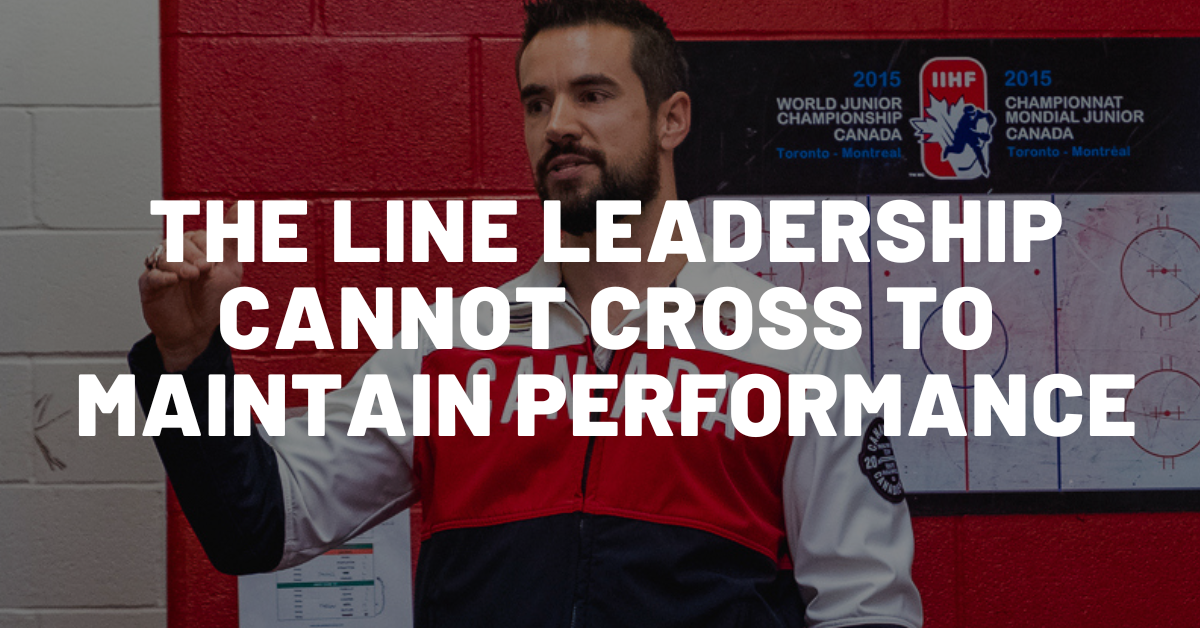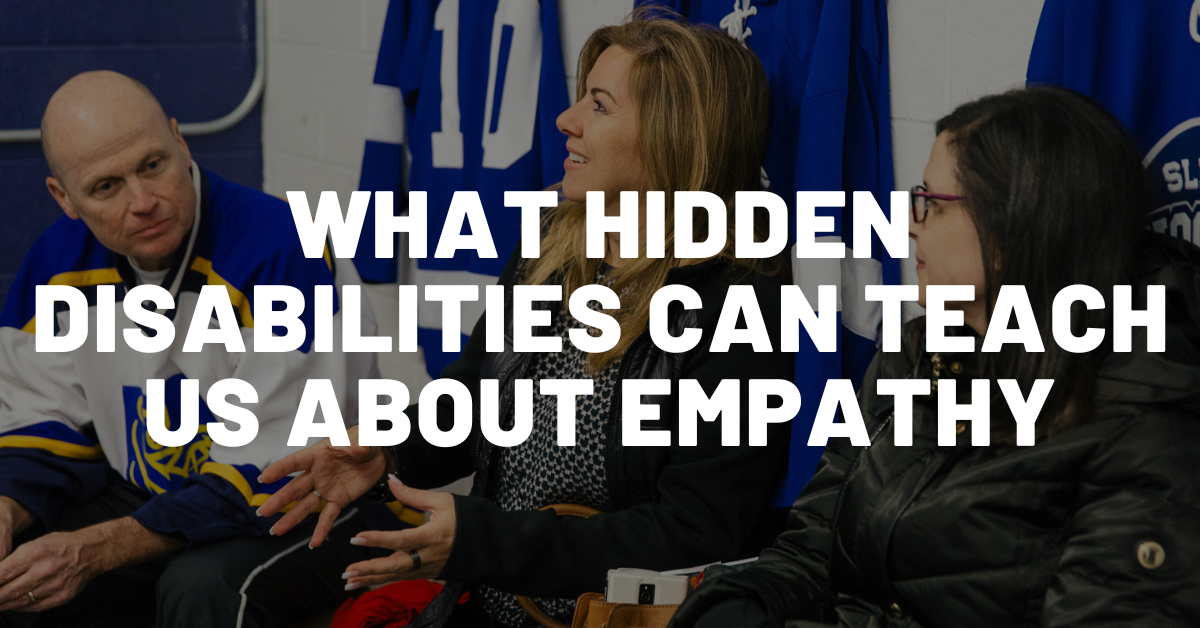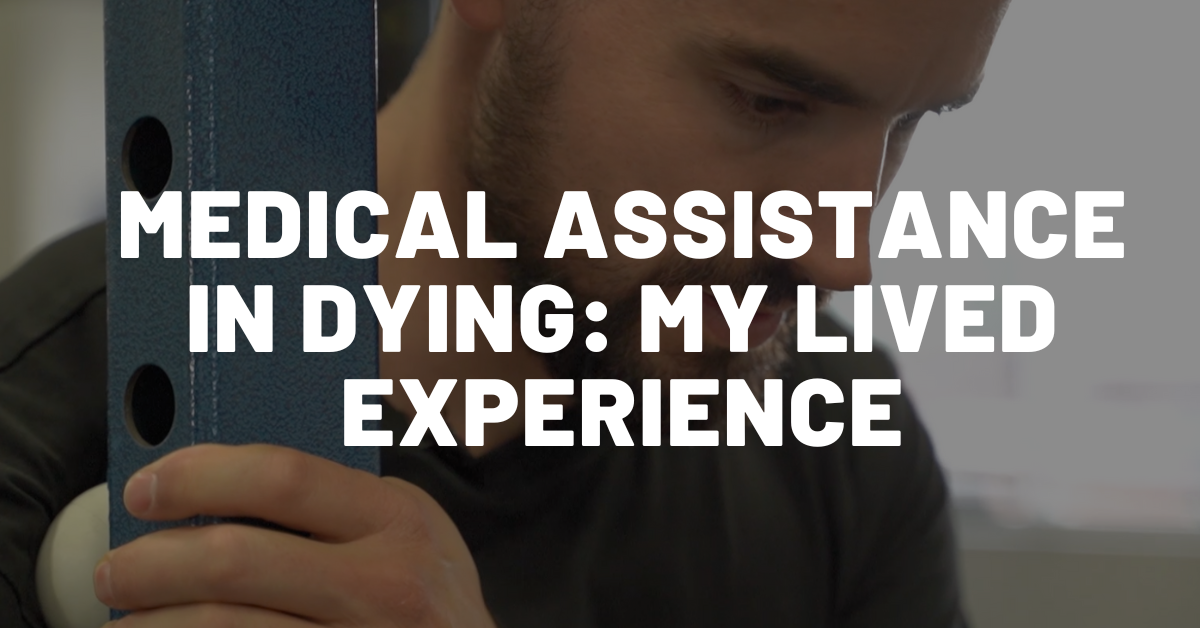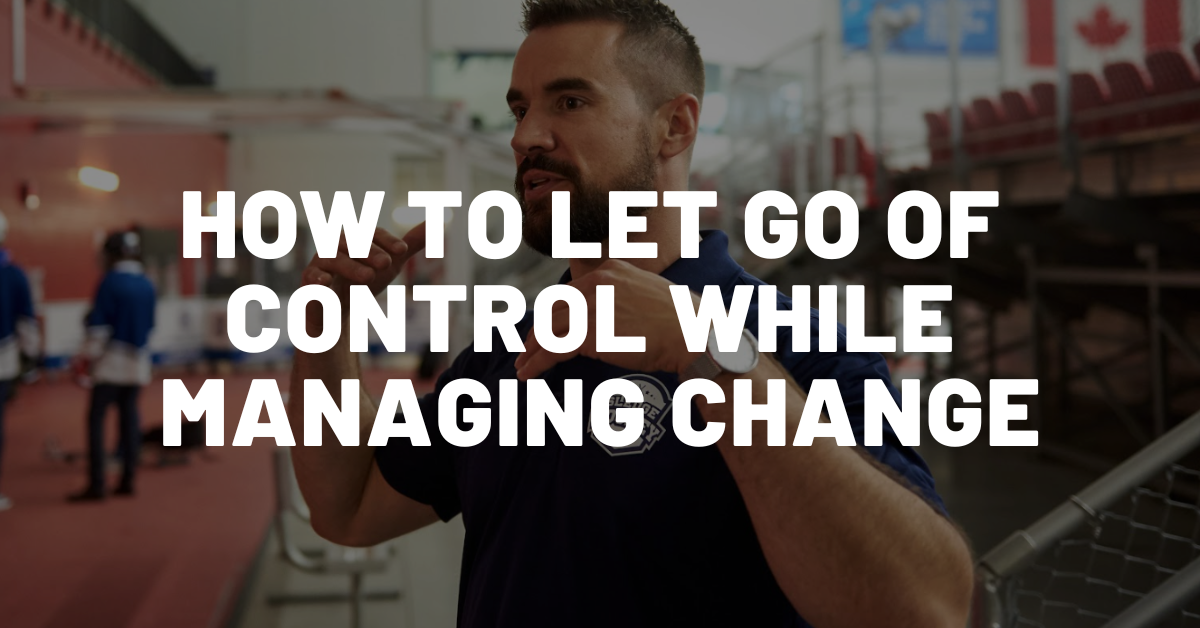Olympic and Paralympic athletes are human. They’re not invincible people. They experience real depression and overwhelming challenges despite any level of success you may see on TV. Behind the scenes, there is a lot going on.
I have written very openly about my experiences with suicide. I experienced very dark moments in my life when I wanted to end it. I have written about it in my book and am quite comfortable speaking openly about it on stage.
Because I am so open, I find a lot of people confide in me because “I get it”.
I’d like to share a story with you about a time a fellow athlete came up to me with suicidal thoughts, and they didn’t “get it”. They thought they “had it”, but they didn’t.
Let me explain.
(Note: Context has been changed to keep the identity of the individual and sport organization anonymous.)
About a year ago I was at an event when another athlete came up to me and said, “Hey Kev, can we talk?”. I knew it was serious because this athlete has always shown so much strength in sport. They were someone who I looked up to both on and off the field and was someone that so many peers looked up to as well.
They were the epitome a fierce competitor.
We sat down, and the first words I remember heading from this person was “I tried committing suicide last week.”
Uhhh… what!?
“What? Why? How?”, I asked.
“I tried hanging myself in my garage, and when I was hanging there all I could do was think about my family and I got myself down.”
“What has been going on?”
“I don’t know. I just can’t find happiness in anything anymore. I can’t figure it out.”
I was shocked. I would never have imagined this would be a case for my friend.
“Have you talked to anyone about this?” I asked.
“Yes, my doctor knows what’s going on but I still can’t figure it out. I don’t know what to do.”
“We need to get you help”, I said.
And here’s the punchline.
“No, I’ve got this.”, was the response.
Excuse me… but didn’t you just say you tried hanging yourself last week?
I said to my friend,
“No, you haven’t ‘Got this’. If you did, you wouldn’t have done what you did and you wouldn’t be speaking to me about this right now.”
It was a surreal moment, and it was clear we needed to get my friend some help.
Now, for the sake of privacy to risk divulging any further information, I apologize that I need to end the sport side of the story here. My friend did receive support and was prescribed anti-depressants. To date, my friend has not inflicted any more harm upon themselves and is living a much happier, healthier, and steady life.
The point that I want to make by sharing this story with you is to acknowledge when you are suffering as soon as you know something is wrong. Don’t wait for something to get to the point where you start harming yourself before you decide to ask for help.
Being physically strong doesn’t always translate into being mentally strong. As Michael Landsberg would say, you are “Sick, not weak.”.
It can feel embarrassing asking for help, but I tell you that the sooner you ask for help the sooner you will be on your way to recovery. Nobody knows you are suffering unless you say so, and if you “had things under control” you would not be feeling this way.
Being mentally strong means having the courage to ask for help.
Being mentally strong means being vulnerable.
Being mentally strong means you may need to admit that you have a problem and look for support outside yourself despite how tough you may be on the outside, or how tough people think you are.
Athlete or not, you are human.
If you are suffering in silence, please ask for help.
Call the suicide hotline. I’ve called them twice, and they’re pretty cool people. They are very good at listening with zero judgement.
Call the crisis hotline at 1–833–456–4566 (in Canada), or 1–800–273–8255 (in the USA).
Speak to your coach. Speak to your best friend. Speak to that stranger who may just “get you”, because you know they are suffering too.
Speak to someone, because you may not know it, but they might be suffering too!
And one more thing, when you ask for help, be clear. Don’t beat around the bush. Don’t pretend like you aren’t struggling.
Just call, text, or email someone and say these three words… “I need help.” and see what happens.
Suicide is a permanent solution to a temporary problem and if you are willing to ask for help, I can promise you that you will get through this.
— — — —
About Kevin Rempel:
Paralympian, keynote speaker, and founder of the corporate team building program, The Sledge Hockey Experience, I help people change their perspective about life and people with disabilities. Visit www.kevinrempel.com for more information.
—
Download your FREE copy of my autobiography, Still Standing: When You Have Every Reason to Give Up, Keep Going here.

